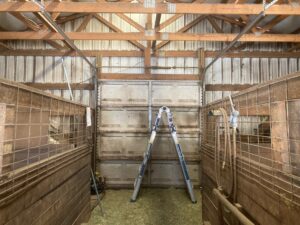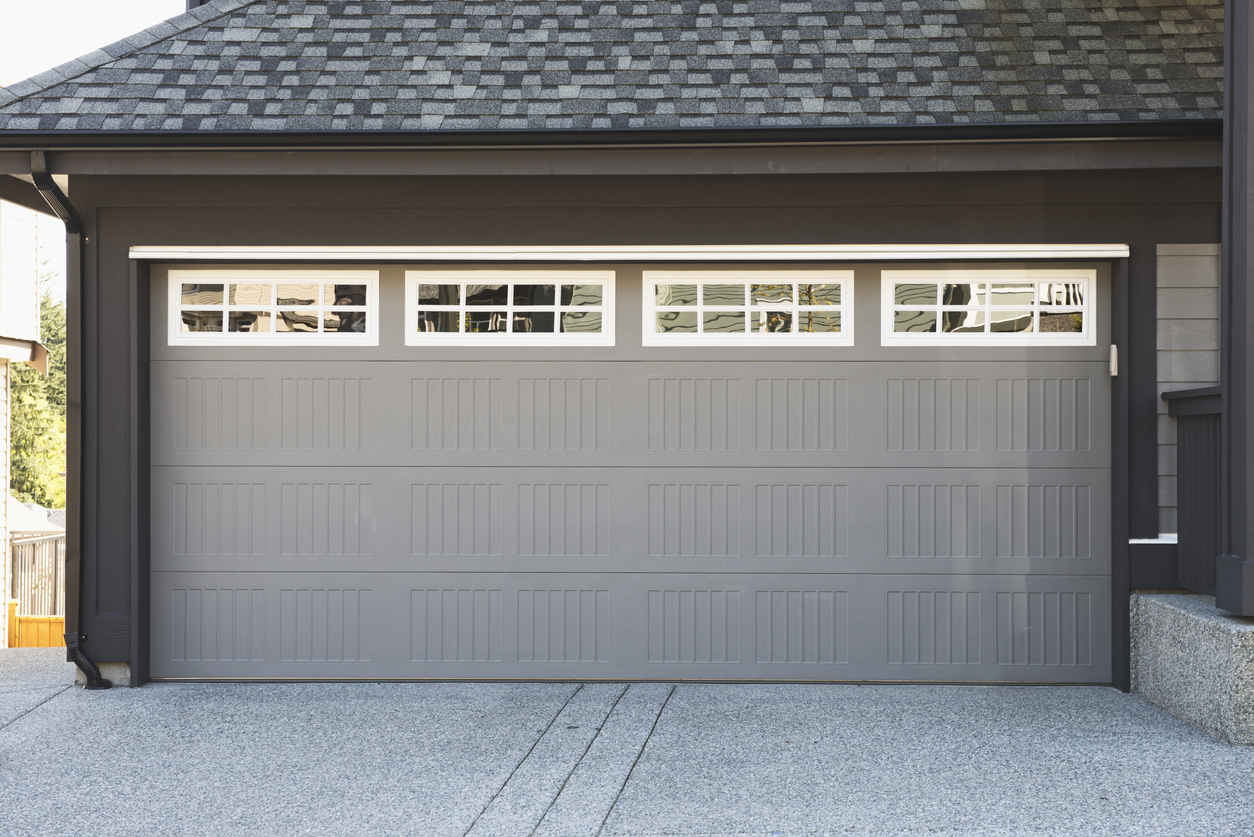Select Garage Doors

Uncover essential insights on managing garage door torsion spring failures with Parker Garage Door Repair. Learn the impact of weather changes and how to navigate the costs of spring replacement for a seamless fix.
As seasons change, so does the functionality of our household essentials, often silently bearing the brunt of fluctuating temperatures. One critical component that frequently falls victim to these changes is the garage door torsion spring. A broken torsion spring can transform your garage door from a reliable convenience into a significant safety hazard overnight. This post will delve into the mechanics of torsion springs, how and why they break with weather changes, and the varying costs of replacement based on door weight. By the end, you’ll have a comprehensive understanding of this common issue and how to address it effectively.
The Role of Torsion Springs in Garage Doors
Torsion springs are vital for balancing the weight of a garage door, allowing it to open and close with minimal effort. These springs are mounted above the door opening, with a shaft running through them. As the door lowers, cables attached to the bottom corners of the door cause the springs to wind up, storing energy. When opening the door, this energy unwinds, assisting in lifting the door. The lifespan of a torsion spring is measured in cycles, with one cycle being a single opening and closing of the door. Most springs are rated for 10,000 to 20,000 cycles, but variations occur based on quality, maintenance, and usage.
Weather-Induced Wear and Tear
The most frequent cause of torsion spring failure is the stress exerted by temperature changes. Metal expands and contracts with temperature fluctuations, and in the case of torsion springs, this can lead to increased wear and eventual failure. Cold weather, in particular, can make the metal brittle, increasing the risk of snapping. Conversely, high temperatures can cause the metal to expand and lose its strength, reducing the spring’s lifespan. Additionally, moisture and corrosion can exacerbate these effects, making springs more susceptible to breaking during seasonal transitions.
The Cost Factor: Weight and Spring Replacement
The cost of replacing a broken torsion spring can vary significantly, primarily depending on the weight of the garage door and the type of spring system installed. Heavier doors require stronger springs, which can be more expensive. A single spring replacement might range from $75 to $150, while dual spring systems, recommended for heavier or larger doors for balanced lifting, can cost between $150 and $300. The variation in pricing also reflects labor costs, which can differ based on location and the complexity of the setup. Opting for high-cycle springs, although more costly upfront, can offer better long-term value by reducing the frequency of replacements.
Preventive Measures and Professional Consultation
To mitigate the risk of sudden failures, regular garage door maintenance is key. This includes lubricating the springs annually, inspecting for signs of wear and tear, and ensuring that the door is properly balanced. However, when a spring does break, it’s crucial to seek professional help due to the high tension involved in these components, posing serious injury risks to non-professionals. Professionals can also advise on whether to replace both springs in a dual system, even if only one has broken, to ensure balanced operation and prevent imminent failure of the older spring.
SO..
A broken garage door torsion spring is not just an inconvenience; it’s a wake-up call to the importance of regular maintenance and the need for professional oversight. Understanding the role of weather in the wear and tear of these components can help homeowners anticipate and mitigate risks.
When replacement becomes necessary, considering the weight of the door and opting for quality springs can save money and hassle in the long run. Let’s not wait for the silent breaker to disrupt our daily routines; proactive care and professional advice are key to ensuring the longevity and safety of our garage doors.
 SCHEDULE A SERVICE
SCHEDULE A SERVICE






